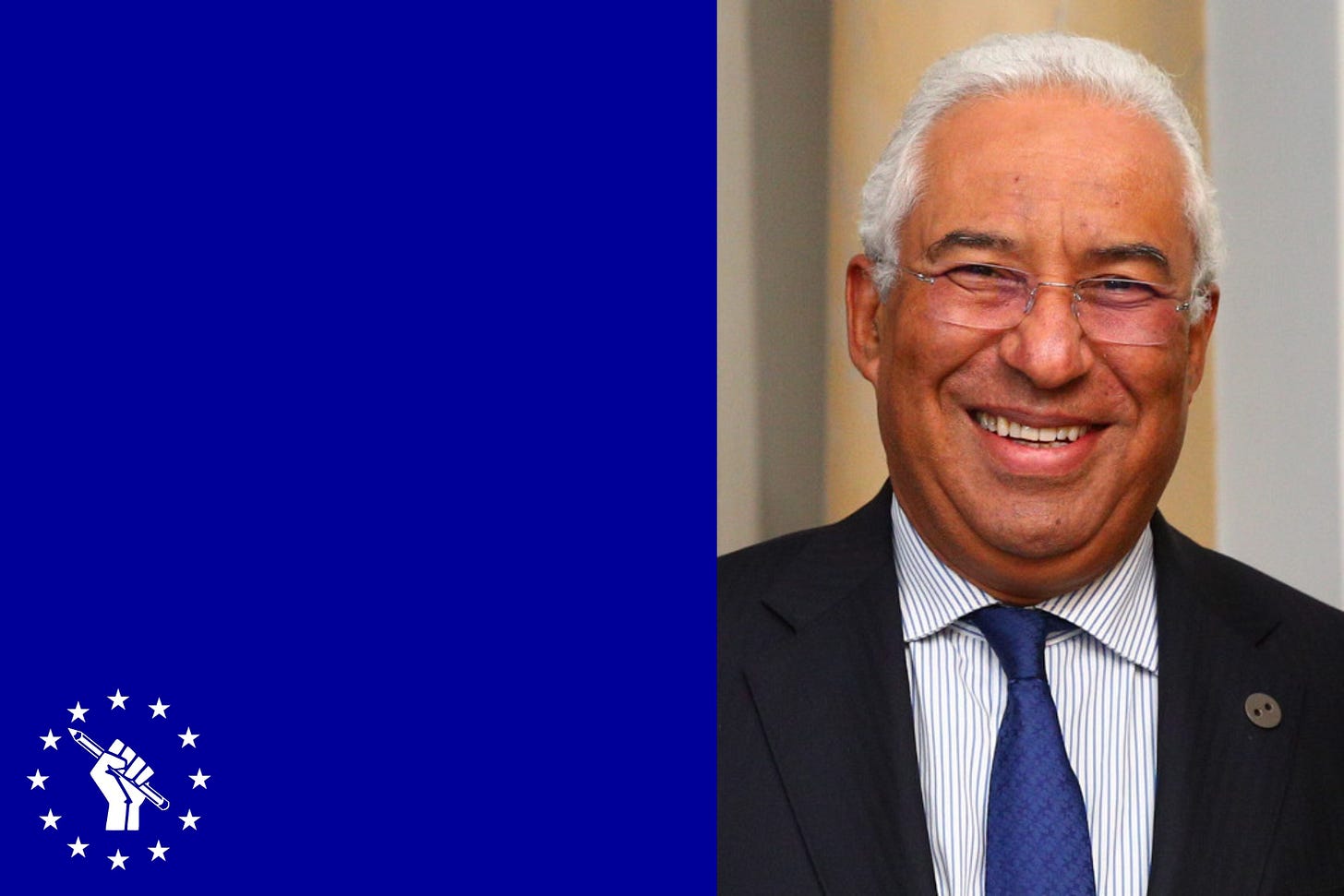What happened in Portugal yesterday?
#17

Salute,
Portuguese Prime Minister António Costa (see photo above) submitted his resignation Tuesday after police raided his official residence. The country’s attorney general confirmed he was being investigated under a corruption probe.
Did he resign voluntarily?
According to Politico, Costa said the gravity of the charges driving his investigation is “incompatible with the dignity of the office of prime minister,” making it impossible for him to continue in the post. Shortly after Costa gave a televised address, President Marcelo Rebelo de Sousa said he had accepted his resignation.
What exactly are the allegations about?
Prosecutors said they were investigating concessions awarded for lithium mines in northern Portugal and a hydrogen-energy production plant and data centre in Sines, on the country’s southern coast. Five people have been detained, according to Público newspaper. Among them are two people seen as close to Mr Costa, including his chief of staff, Vítor Escária and a business consultant, Público reports. Costa said he had not been named as a suspect.
What‘s next?
President Rebelo de Sousa will then have to decide whether to dissolve parliament and call an election or whether to allow Costa’s socialists, who have a majority in parliament, to form a new government. He is expected to communicate his decision after talking to all political parties this week.
Who would have the best chance in snap elections?
The independent pan-European media network Euractiv writes: “Even though the Socialists currently hold a comfortable majority, recent polls put the opposition party PSD (EPP) only three points below the Socialists at 28.9 per cent. Following closely is far-right Chega!, at 13.7 per cent.”
See you,
Johannes Eber

